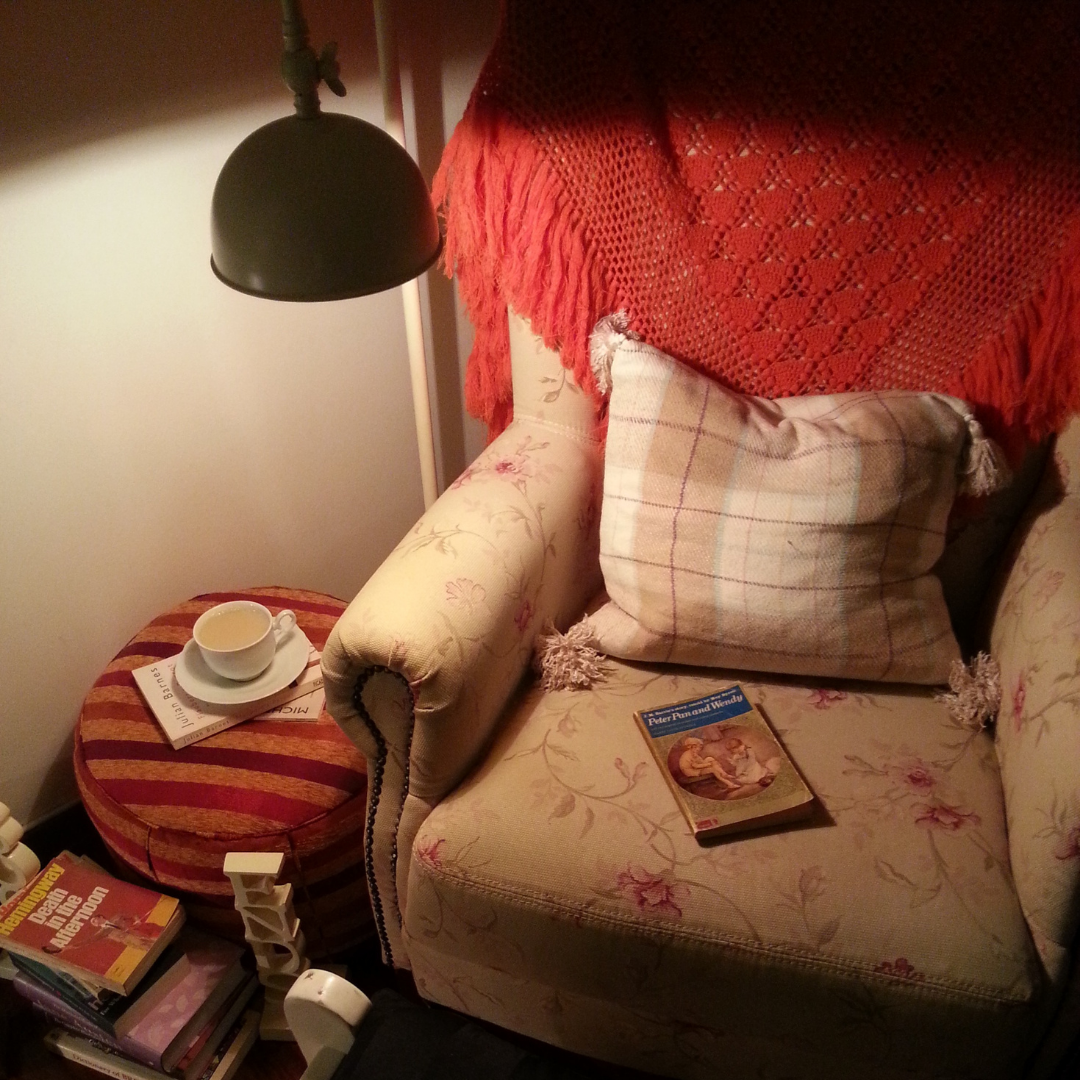
So much has been written on how beneficial reading is. In fact, reading is so multifaceted that it’s hard to enumerate all the advantages to it. Having said that, we have gathered some of them over the years along with some quotes by famous people worth pondering over or even better, discussing with family and friends. Here goes:
Books teach you something about yourself. “If you read a book about a problem that you are struggling with, then it may hold up a mirror to you. Either you want to deal with the problem the way the lead character does, or you don’t. Sometimes just one sentence or detail is enough. Just as a psychiatrist can remove a block with a resonating remark or by asking the right question, books can do that, too.
“Bibliotherapy” is what the writers call what they do: Prescribe fiction for the ailments of life. Literature lovers have been turning to books for centuries - consciously or not - as a balm for the soul. Sometimes it’s the story that charms. Sometimes it’s an idea or an attitude suggested by the character in a similar quandary or jam. Whatever your ailment, our (writers’) prescriptions are simple: a novel (or two), to be read at regular intervals. Some treatments will lead to a complete cure. Others will simply offer solace, showing you that you are not alone.
Good literature offers you real experience and inspires you to do things differently. Besides transporting you for a time to another world, reading a book can bring you so much more: identification with characters, relaxation and important life lessons.
Reading is a joyous activity, similar to how children play. Anyone who reads for pleasure can fully enjoy it. Such a state - being in the flow, when you lose track of time - works like a breathing exercise or short meditation. It has a relaxing effect on your body and mind.
Reading increases your attention span. Today’s technology is shattering our attention. We’re always switching between one and another medium. When you read a novel, you are focused on one story, you take the time to process it, to think about the complex layers of the plot and how they relate to each other. All that enhances your ability to focus your attention for longer.
When you read a book, all kinds of connections arise in the left part of your brain, the area that is associated with language reception. The special thing is that that effect lingers a few days after reading.
Reading for only six minutes already reduces stress, even more than walking or listening to music. Your heart rate goes down and your muscles relax.
When you read a novel, you walk with the characters and learn to see things through their eyes. This can be very intense, especially with a first-person narrative or “I-story”. Researchers call the state in which the reader takes on the feelings, beliefs and thoughts of a character in a novel “experience transfer”. Psychologists have discovered that reading a gripping “I-story” can influence our way of thinking and behaviour. Someone who reads regularly can better understand another person’s feelings. Research shows that children who read a lot develop a greater capacity for empathy than children who do not.
People who read a novel for 30 minutes a day are less troubled by feelings of gloom.
Here are famous people’s quotes on reading books:
“We read in bed because reading is halfway between life and dreaming. Our own consciousness in someone else’s mind.”
Anne Quindlen, American author and journalist
“One sheds one’s sickness in books – repeats and presents again one’s emotions, to be master of them.”
D.H. Lawrence (1885-1930), British author and poet
“Everything in life is writable about if you have the outgoing guts to do it. And the imagination to improvise. The worst enemy to creativity is self doubt.”
Sylvia Plath (1932-1963), American writer and poet
“A book is not only a friend, it makes friends for you. When you have possessed a book with mind and spirit, you are enriched, But when you pass it on you are enriched threefold.”
Henry Miller (1891-1980), American author
“In the case of good books, the point is not to see how many of them you can get through, but rather how many can get through to you.”
Mortimer J. Adler (1902-2001), American philosopher and author
“No two persons ever read the same book.”
Edmund Wilson (1895-1972), American author and critic
“Reading is a conversation. All books talk. But a good book listens as well.”
Mark Haddon, British author
